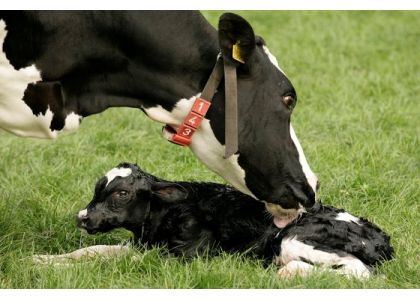
A study was carried out with the aim of describing barriers preventing the adoption of more successful management practices.
The team, associated with the University of British Columbia, used individual and group interviews, paired with photo elicitation, to understand the perspectives of farmers and veterinarians living and working in the lower Fraser Valley of British Columbia, Canada.
The study uncovered that the participants viewed transition period management as difficult and the lack of a single definition of the transition period emerged as one barrier to improvement; providing a clear and consistent definition for the transition period may be an important first step to improved practices on dairy farms.
During the study, participants also identified other barriers hindering improvement, including variation in both farmer attitude toward transition cow management and veterinarian involvement, stocking density of cows, and nutrition management. Barriers to improved practices varied by farm, suggesting that a tailored approach is required to make meaningful change.
Many dairy cows become ill in the weeks after calving – when cows also go through environmental as well as physiological changes. Most research on this transition period has focused on biological factors including nutrition, immunology, and physiology, but little work has examined sociological factors affecting how farmers care for their cows.